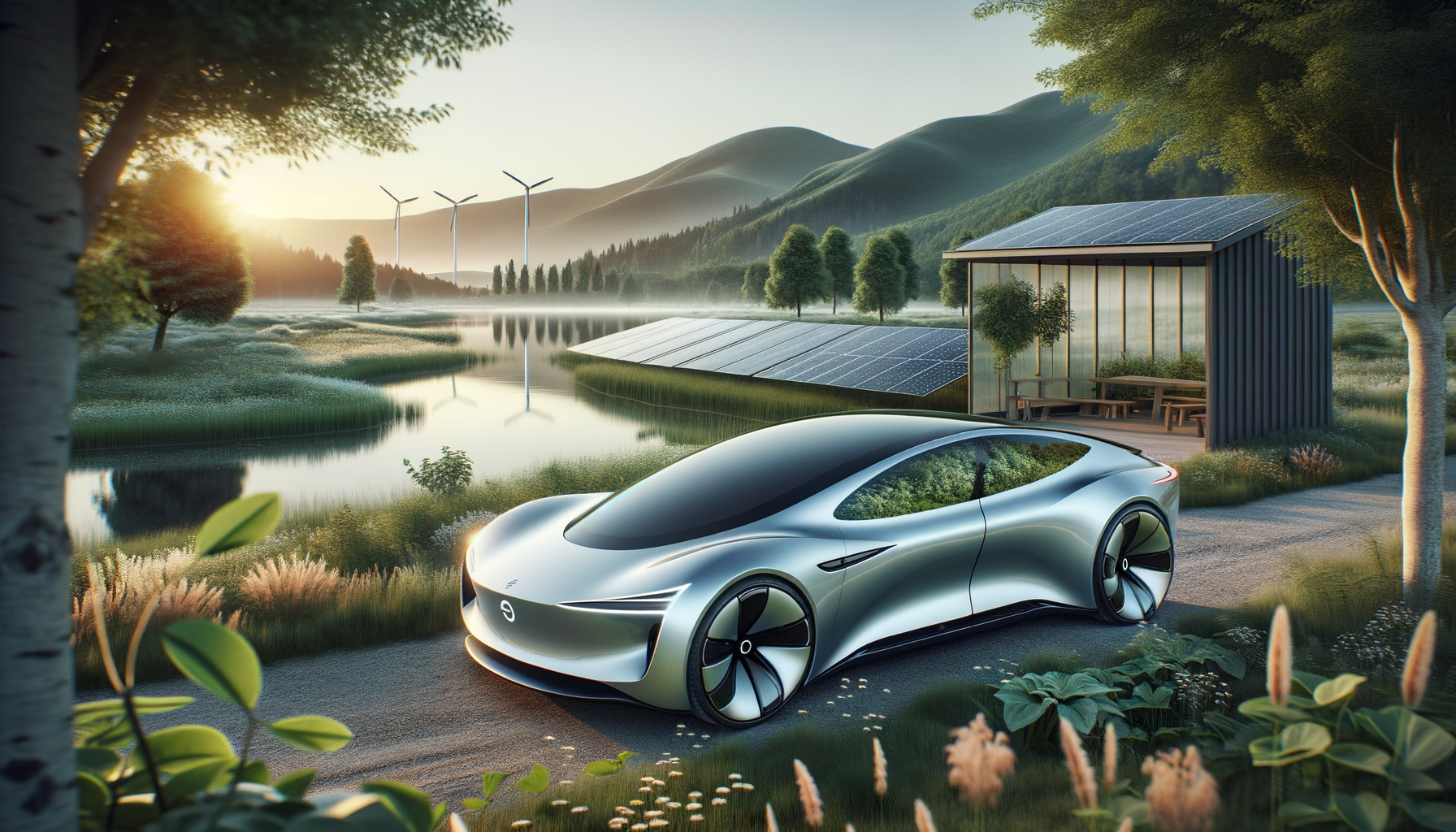Introduction to Electric Cars
Electric cars are rapidly emerging as a viable alternative to traditional gasoline-powered vehicles, offering a range of benefits that appeal to environmentally conscious consumers and tech enthusiasts alike. With growing concerns about climate change and air pollution, the demand for cleaner transportation solutions has never been more pressing. Electric cars aim to address these issues by providing a sustainable mode of transport that reduces emissions and reliance on fossil fuels.
Electric cars operate using an electric motor powered by rechargeable battery packs, which distinguishes them from internal combustion engines. This shift in technology not only reduces the carbon footprint associated with driving but also introduces a host of modern features that enhance the driving experience. From advanced infotainment systems to improved safety features, electric cars are setting new standards in the automotive industry.
Environmental Benefits of Electric Cars
The environmental benefits of electric cars are among their most significant selling points. By eliminating tailpipe emissions, electric vehicles (EVs) contribute to cleaner air quality and a reduction in greenhouse gases. This is particularly important in urban areas where pollution levels are high. According to recent studies, widespread adoption of electric cars could lead to a substantial decrease in overall carbon emissions, helping to combat climate change.
Additionally, electric cars are often powered by renewable energy sources, further enhancing their eco-friendly credentials. Solar, wind, and hydroelectric power can be used to charge EVs, reducing dependence on non-renewable resources. This shift towards sustainable energy solutions aligns with global efforts to transition to a greener economy and reduce the environmental impact of transportation.
Key environmental benefits include:
- Zero tailpipe emissions, reducing air pollution.
- Potential for renewable energy integration.
- Lower overall carbon footprint compared to gasoline vehicles.
Technological Advancements in Electric Cars
Electric cars are at the forefront of automotive technology, incorporating a range of innovative features that enhance performance and user experience. One of the most notable advancements is the development of high-capacity batteries that offer extended driving ranges. Modern electric cars can travel hundreds of miles on a single charge, making them a practical choice for long-distance travel.
In addition to improved battery technology, electric cars often come equipped with sophisticated infotainment systems, autonomous driving capabilities, and advanced safety features. These technologies not only provide convenience and comfort but also contribute to safer roadways. Features such as adaptive cruise control, lane-keeping assistance, and automatic emergency braking are becoming standard in many electric vehicles.
Technological highlights include:
- Extended range batteries for long-distance travel.
- Advanced infotainment and connectivity options.
- Autonomous driving and enhanced safety features.
Economic Considerations of Electric Cars
While the initial purchase price of electric cars can be higher than that of traditional vehicles, the long-term economic benefits often outweigh the upfront costs. Electric cars generally have lower operating costs due to reduced fuel expenses and maintenance requirements. The absence of an internal combustion engine means fewer moving parts, resulting in less wear and tear and fewer repairs.
Moreover, many governments offer incentives to encourage the adoption of electric vehicles. These incentives can include tax credits, rebates, and reduced registration fees, making electric cars a more attractive financial option for consumers. As battery technology continues to improve and production scales up, the cost of electric cars is expected to decrease, making them accessible to a broader audience.
Economic benefits include:
- Lower fuel and maintenance costs.
- Government incentives and tax credits.
- Potential for decreased purchase prices in the future.
The Future of Electric Cars
The future of electric cars looks promising, with many automotive manufacturers investing heavily in electric vehicle technology. As the infrastructure for charging stations expands and battery technology advances, electric cars are expected to become more prevalent on the roads. This shift towards electric mobility is supported by global policies aimed at reducing carbon emissions and promoting sustainable transportation.
Innovations in electric vehicle technology continue to emerge, with concepts such as wireless charging and solid-state batteries on the horizon. These developments promise to enhance the convenience and efficiency of electric cars, further solidifying their place in the future of transportation.
Looking ahead, the electric car industry is poised for significant growth, with projections indicating a substantial increase in market share over the next decade. As consumers become more environmentally conscious and seek out modern, efficient vehicles, electric cars are likely to play a pivotal role in shaping the future of transportation.



Leave a Reply